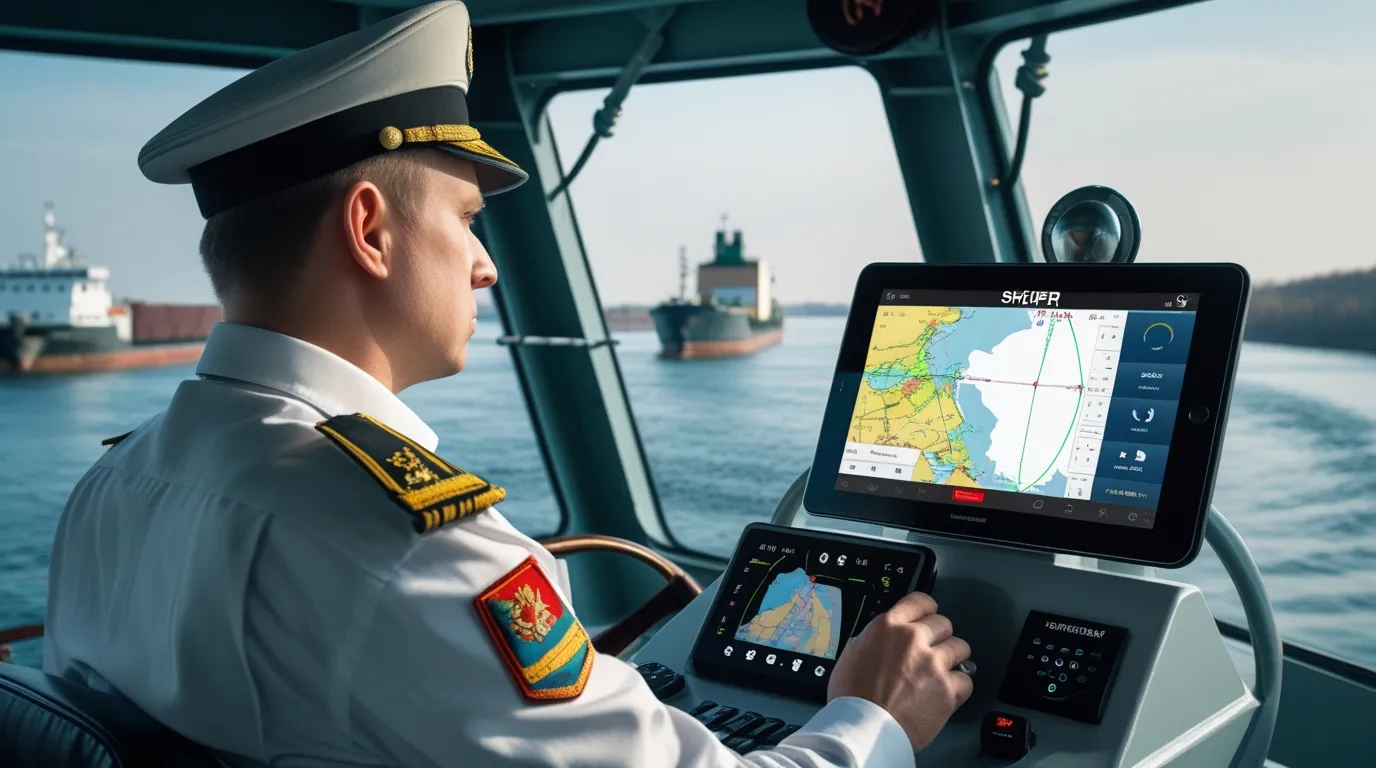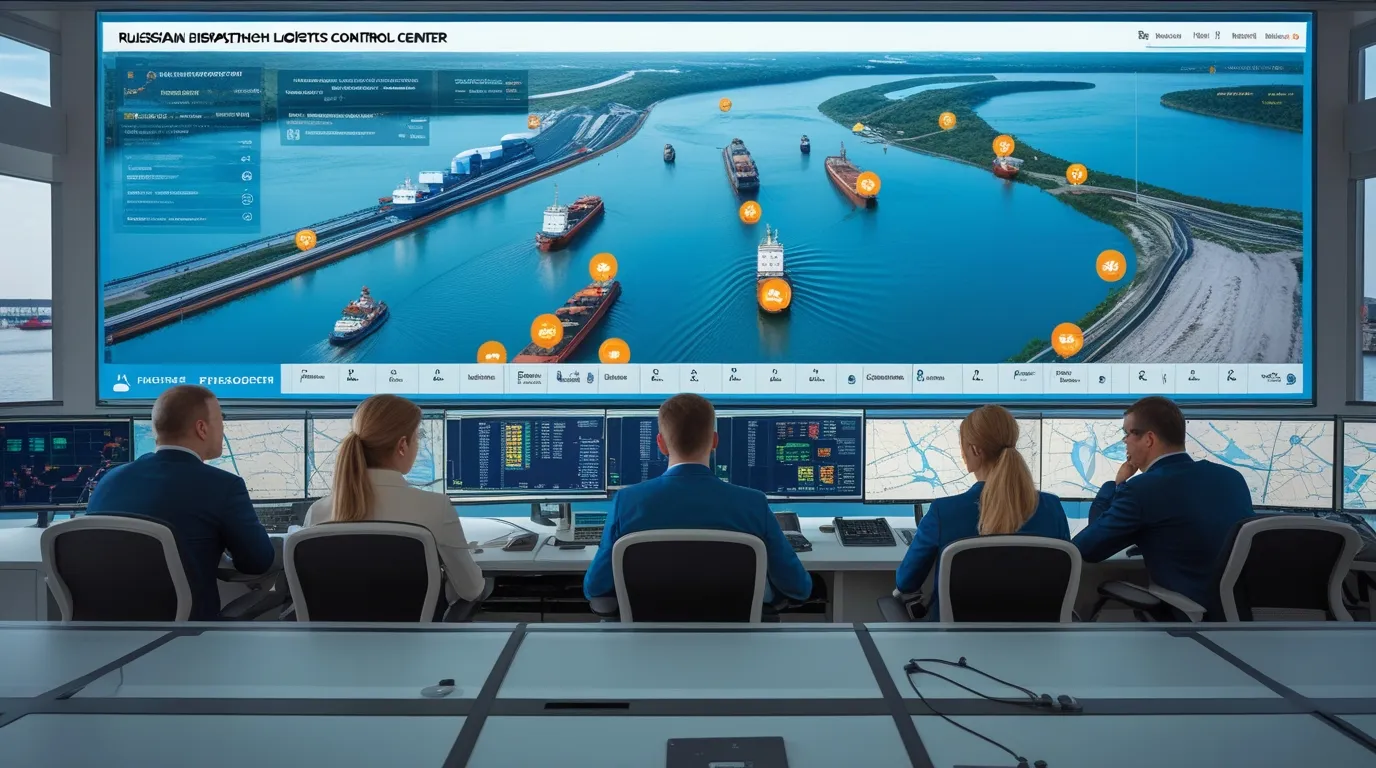Electronic "Shkiper" to Guide Vessels Across the Volga-Don Basin
Russia’s new “Shkiper” navigation system is entering full-scale deployment. Ten vessels operating along the Volga-Don basin — covering the Volgograd, Rostov, Voronezh, and Lipetsk regions, as well as the Krasnodar Territory and the Republic of Adygea — will now use this advanced digital navigation suite to manage electronic state charts and plan routes with precision.

Real-Time Vessel Monitoring and Smarter Navigation
Russian marine tech company Sitronics KT, part of the Sitronics Group, has delivered ten integrated “Shkiper” software-hardware complexes to the Volga-Don Basin Administration of Inland Waterways.
The Shkiper software provides captains with powerful tools to create and edit navigation routes, mark custom waypoints, and track vessel movement in real time. It can store voyage data, determine exact vessel positions on official electronic navigational charts (ENCs), and use visual references for added accuracy. Captains receive continuous updates on coordinates and environmental conditions, ensuring improved situational awareness.

Sitronics KT has become one of Russia’s leading developers of maritime digital solutions — from onboard control and navigation systems to marine infrastructure platforms, simulators, and interactive training environments.
Increased Safety and Reliability
Each Shkiper set includes GPS/GLONASS receivers, a tablet, a keyboard, a track block, and a GSM communication module. The system can integrate with onboard data sources such as AIS, echo sounders, and speed logs.
According to Andrey Tarasenko, head of Rosmorrechflot (Federal Agency for Maritime and River Transport), which received the first ten systems, the use of modern digital navigation tools will “significantly increase navigation reliability, communication quality, and overall safety of inland waterway transport.”
The software is compatible with equipment listed in Russia’s official registry of radio-electronic products and is also registered with the Ministry of Digital Development. Earlier, Shkiper systems were successfully installed in the Lena and Volga-Baltic Basin Administrations — proving their scalability and adaptability for different regional waterways.

Digitalization for Safer and More Efficient Logistics
The adoption of domestic IT solutions like Shkiper is a major step toward modernizing Russia’s inland waterway infrastructure. By digitizing navigation and reducing reliance on foreign systems, Russia aims to improve logistics efficiency, minimize accidents, and reduce downtime in cargo transport across one of its most critical trade corridors.
For the shipping industry, this means shorter transit times, fewer navigation errors, and more predictable supply chains. For the country’s tech ecosystem, it signals a growing capacity for self-reliant innovation — an important milestone in achieving digital sovereignty in the transport sector.

Shkiper’s integration marks a broader strategic effort to strengthen Russia’s digital navigation capabilities and bolster national resilience in maritime operations.










































